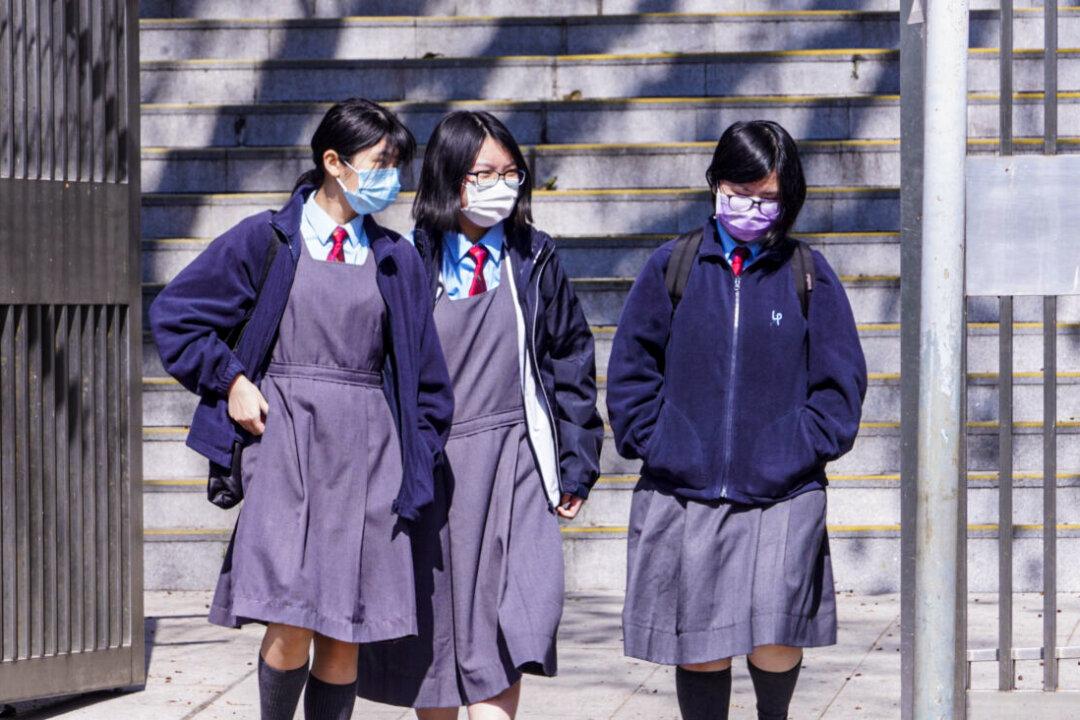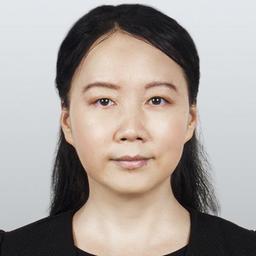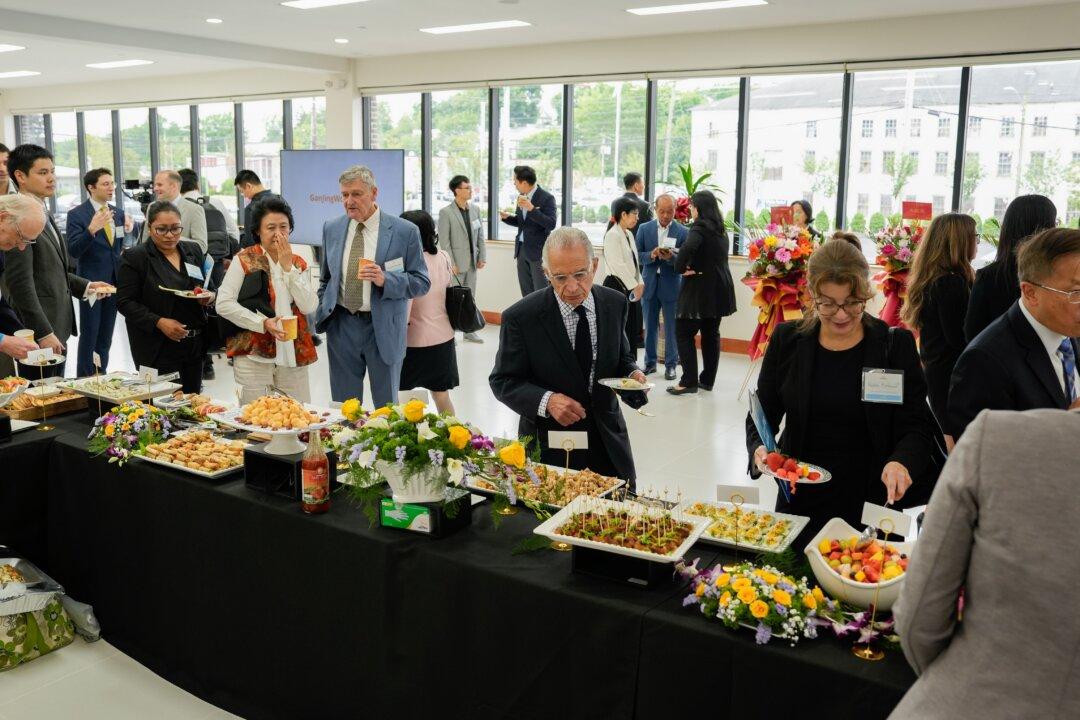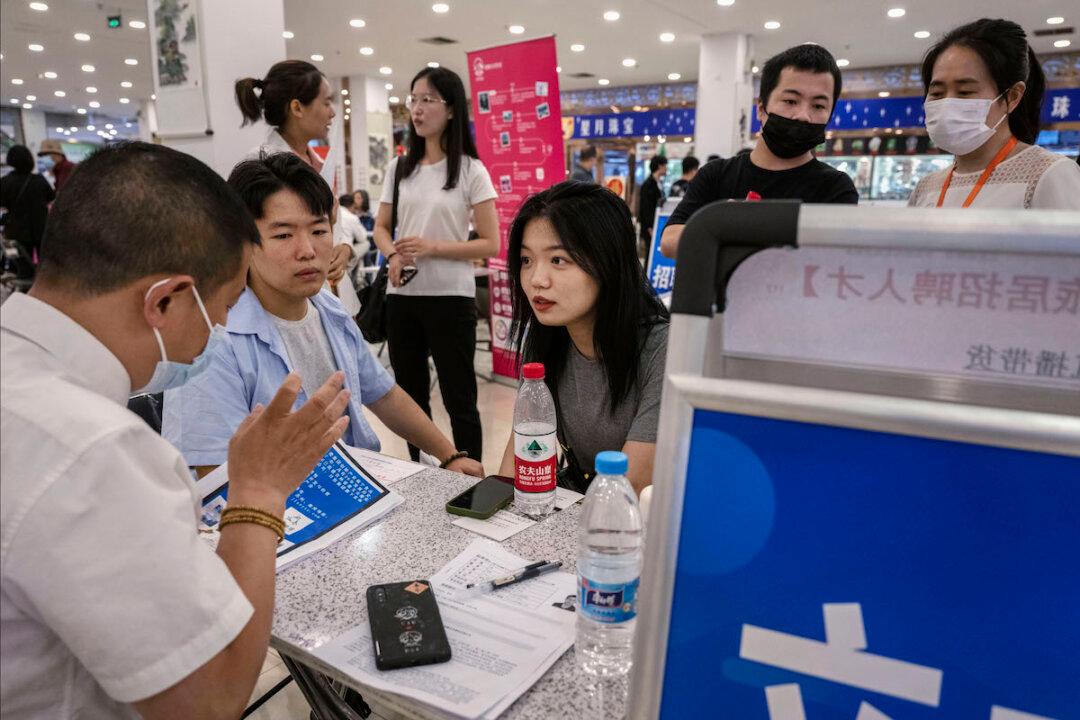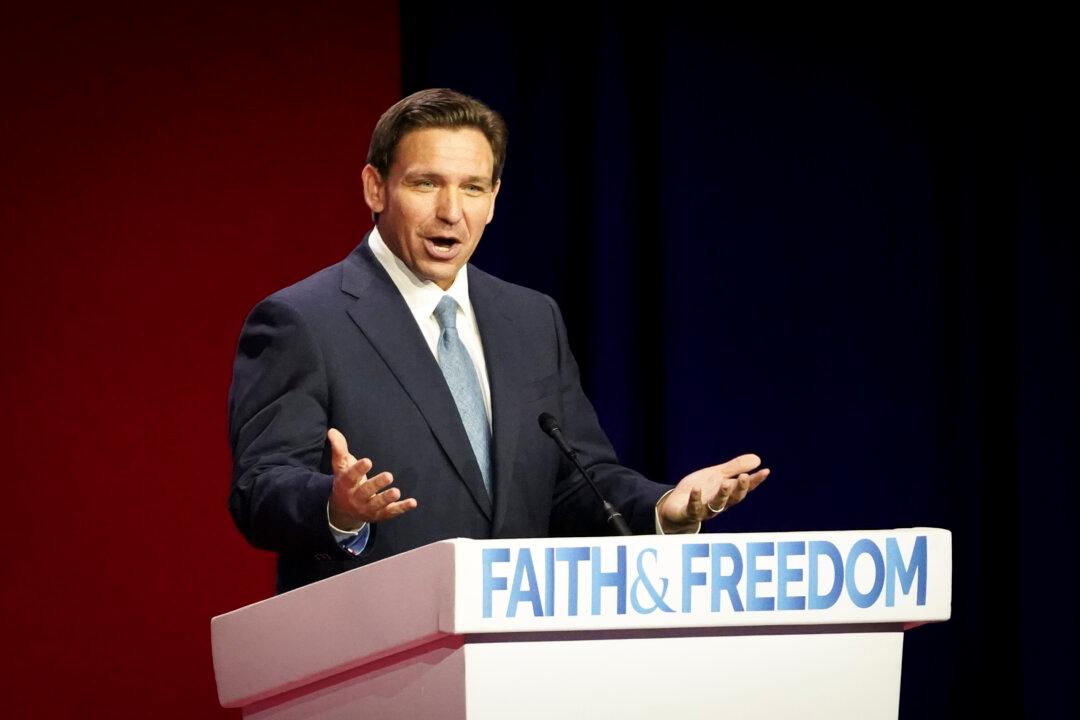Droves of people are leaving Hong Kong, including many teachers who feel pressure to self-censor their political opinions both inside and outside the classroom. This has prompted the Hong Kong Association of the Heads of Secondary Schools (HKAHSS) to express concern over the loss of talent. It has called on the local authorities to create a better environment for educators and students.
According to surveys conducted by the association, the number of teachers resigning in the 2020-2021 school year rose sharply, doubling the number seen for the 2019-2020 and 2018-2019 school years.
